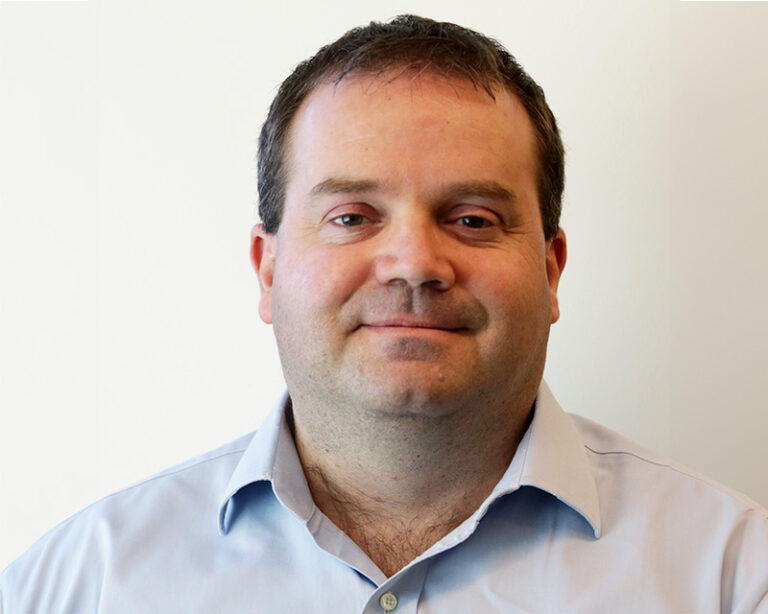30 June - 3 July 2025. Seville, Spain. The 4th International Conference on Financing for Development (FfD4).
1 July 2025 Prioritizing financing for food system transformation: Options and trade‑offs
Focus: Aligning public and private capital with sustainable, resilient, nutritious food systems. It presents investment frameworks, green bonds, blended finance incentives, and value‑chain finance to drive sustainable agri‑food transformation - by CGIAR & IFPRI.
The session opened with the presentation of new CGIAR research that offers a decision-making framework to guide strategic investment in science, innovation, and institutional capacity and market incentives needed to induce farmers and food sector operators to adopt improved sustainable technologies and practices.
It then turned to an evidence-based policy discussion on how to (a) create new incentive structures to reallocate existing finance, including through the repurposing of existing public support to agriculture, and, (b) leverage new, alternative financing instruments, such as blended finance mechanisms, incentives for de-risking finance, green bonds, and private value-chain finance, aiming to provide adequate finance for sustainable agrifood system transformation.
- Johan Swinnen, Director General, IFPRI
- Representative Agricultural Research Council (ARC) South Africa
- James Thurlow, Director, Foresight and Policy Modeling (FPM), IFPRI; CGIAR Policy Innovations Program
- Ruth Hill, Director, Markets, Trade, and Institutions, IFPRI; CGIAR Policy Innovations Program
- Godefroy Grosjean, CGIAR Hub for Sustainable Finance (ImpactSF)
CGIAR needs to give commercial banks a better access to data, in terms of assessing risk and understand the risks across their portfolio. We have a role to play in bringing data and science-based solutions for managing risk and impact reporting, and reducing the transaction costs of doing that.
The CGIAR Hub for Sustainable Finance (ImpactSF) supports banks by providing its AI-powered tool—the ImpactSF Analyzer—which integrates CGIAR’s scientific data, climate‑smart agriculture insights, and local agricultural datasets into customized risk models and portfolio dashboards. This empowers banks to more accurately assess climate and environmental risks across agro-loan portfolios, enabling differentiated pricing, improved due diligence, and the development of new green financial products based on location-specific scenario analysis. The ImpactSF Analyzer, is currently being piloted by multiple banks in Southeast Asia and Africa.
- Moderator Clemens Breisinger, Senior Research Fellow, IFPRI; Interim Director, Policy Innovations Science Program
- Deniz Harut is CEO and Managing Director of Agri3 fund. The mission of AGRI3 Fund is to mobilise additional public and private capital at scale (to support sustainable agriculture and avert deforestation). Prior to joining AGRI3, Deniz served as an Executive Director at Pollination Group, leading initiatives to transition portfolios
towards net-zero and nature-positive investments. At Standard Chartered Bank, she held various senior positions for over seventeen years. - Roel Messie, Chief Executive Officer IDH Investment Management | Impact Investing. The EUR 100 million IDH Farmfit Fund wants to empower 3 million farmers with the goal of a 50% income increase.
- Sylvain Goupille. Founder and Managing Director, October Fund. Entrepreneur for climate action, nature-based solutions and biodiversity "Blending is a nightmare to operate and not a great success for impact"
Extract Q & A
GFAiR @James Thurlow: The 26-28 May 2025. Polokwane, Limpopo, South Africa. G20 Meeting of Agricultural Chief Scientists (MACS) gave special attention to the importance of nutrition-sensitive agriculture, biodiversity conservation, and soil health. https://paepard.blogspot.com/2025/06/g20-meeting-of-agricultural-chief.html How desirable is it to redirect & repurpose funding from staple crops research to Opportunity Crops research: forgotten foods and neglected and underutilised species (NUS) + farmers’ varieties/landraces (FV/LR)
Petronella Chaminuka (Agricultural Research Council ARC South Africa): Is it desirable to move away from staple crops as staple food are far more affordable for poor populations?
James Thurlow emphasized that the analysis does not dismiss the importance of staple food crops for poor households—these crops continue to play a significant, pro-poor role. However, the focus of the analysis is on the relative rate of return from various types of agricultural investments, rather than their absolute importance. Twenty years ago, investing in staple crops like maize in regions such as Southern Africa was clearly the most effective strategy for poverty reduction. This was largely because many farmers were subsistence producers, directly consuming what they grew, which created a tight linkage between agricultural production and household food security.
However, the context has since changed. Markets have become more developed, and farmers are increasingly engaged in commercial agriculture, selling their produce rather than just consuming it. This shift opens up new pathways for poverty reduction that extend beyond staple crops. Investments in other value chains and agricultural products—potentially higher-value or more market-oriented—can now also deliver strong poverty-reducing impacts. The analysis, therefore, looks at how different investment strategies compare in terms of their effectiveness in today’s more dynamic and market-connected agricultural landscape.
Related: "Impact Investing: From Pioneering Innovations to Scalable Solutions"
2 July 2025 | 8:30–10:00 CET
📍Room: Madrid E/F, Seville
Register🔗 https://lnkd.in/gGAgfsik
This session will examine novel financial tools such as liquidity tools, aggregator platforms, outcome-based finance, and risk mitigation approaches.
Speakers include:
- Amit Bouri (Moderator), CEO & Co-Founder, The Global Impact Investing Network
- Arsalan Mahtafar, Head, J.P. Morgan DFI
- @Martin Berg, CEO, HSBC Pollination Climate Asset Management
- Sébastien Duquet Head of Relations with DFIs, Mirova
- Stephen M. Liberatore, CFA, Head of ESG/Impact, Global Fixed Income, Nuveen, a TIAA company
- Sylvain Goupille, Founder and Managing Director, Octobre
- Tanja Havemann, Co-Founder & Director, Clarmondial AG







No comments:
Post a Comment